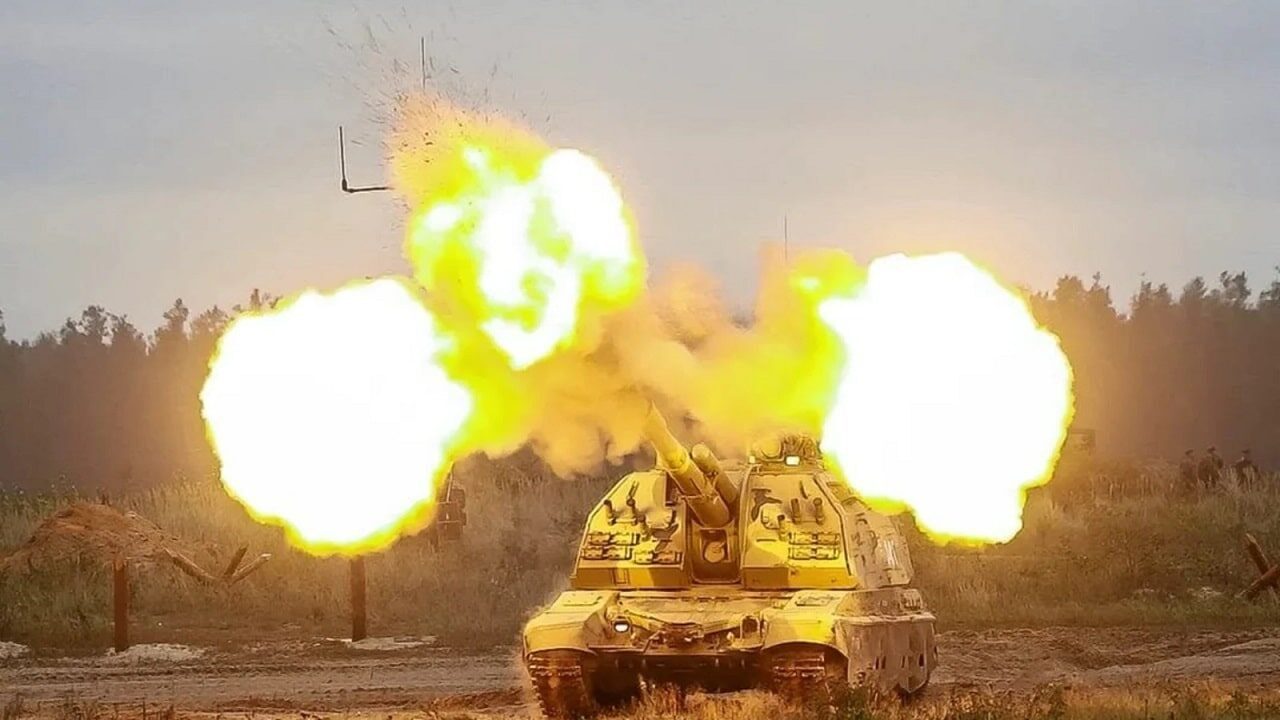The Limits on Sanctions against Russia – The Russian invasion of Ukraine is bogging down. Russia’s poor tactical performance and severe logistical snarls have surprised much of the world, including Putin himself apparently. The Ukrainians are fighting better and harder than expected. Ukraine’s civilian population is rising up. We have all seen videos of regular Ukrainians yelling at Russian soldiers or making Molotov cocktails.
This war is not the blitzkrieg Putin hoped for. Ukraine will not consensually join a Russian sphere of influence. Resistance is widespread, and Russia will need to leave an occupation army for some time if it hopes to solidify its gains. Hence, even if the Ukrainian military is defeated on the battlefield – which is still probable –a Ukrainian insurgency seems likely.
So the West and other democratic states will need to determine a response to what will be a major, lasting conflict. One possibility is open support for an insurgency. This is emotionally appealing but presents real risks – how would NATO respond if the Russians chased insurgents into NATO safe-havens in Poland or Romania? It is unclear if we will go this route. Far more likely though is heavy sanctions on Russia. Indeed this is already starting.
Sanctions Won’t Push Putin out of Ukraine
The political appeal of sanctions is the impression they give of action – we must do something! – when our options are limited. Military involvement against Russia – including a no-fly zone – risks direct NATO-Russian contact and consequent escalation. Sanctions are a less dangerous option. But we need to be clear that they will not actually reverse the geopolitical situation in the foreseeable future. This is why the Ukrainian government has said so little about them. Sanctions will not push Putin out.
Instead, sanctions raise general costs. They add weight or drag to the Russian economy across the board by generating new, hassling transaction costs at every turn. Exporters find their traditional foreign buyers do not return their calls. Bankers find they can no longer finance their imbalances because foreigners will no longer lend to them. Regular consumers find they can longer find their favorite imported item or spare parts.
The Russian economy is already rather small – the size of Spain’s – and corrupt for a country with great power pretensions. This means these costs will bite fairly soon. That pain will generate popular discontent and, hopefully, resistance. And if we can target sanctions at the Russian oligarchs who park their money overseas, we should be able to pressure those closest to Putin.
Ideally, these pressures – from both an unhappy population and elite – feed through. Disgruntled insiders will approach Putin to encourage some kind of compromise with the world. These extra costs also hamper Russia’s ability to prosecute the war and reduce its ability to attack other countries along the same lines.
Can Putin Hold Out?
Sanctions are a blunt tool. Their costs often fall on the general population. We can try to target individuals and elites. And autocracies usually have elites who stash their money overseas, a critical vulnerability. But the core decision-makers themselves are often long-practiced at sanctions evasion and criminality. And, as sanctions bite, they can use domestic repression to push the costs of sanctions from themselves onto the public, if only by ripping off the common weal through the gangsterish practices common to autocratic governance.
All this is to say that Putin and his closest circle can probably hold out for a while. They probably already have large stocks of creature comforts to insure themselves personally. They have their dollar stashes too, perhaps even in cash personally. And China and other dictatorships will cynically reject or violate any sanctions on Russia, giving them a backdoor out.
The Russian military’s industrial base – particularly the necessary steel and petroleum production – is also fairly self-contained within Russia. It can withstand the sanctions for awhile. If Putin can force sanctions resistance on the Russian population, via repression from loyal domestic security, he can hunker down and try to ride out the sanctions for years. North Korea has done this, with some Chinese assistance.
Learning from the Long Road of North Korea Sanctions
The choppy experience of North Korea sanctions is illustrative. Sanctions have not denuclearized Pyongyang, just as they will not push Putin out of Ukraine. But they have – we think – retarded the North’s ability to build even more nukes even faster, just as sanctions will inhibit Putin’s ability to fight even harder in Ukraine and around Russia’s perimeter. In other words, sanctions keep the problem from getting worse; they do not actually fix the problem.
China has violated sanctions on North Korea for years, blunting their impact. Beijing will likely do the same for Putin. China is happy to keep afloat dictatorships that will distract and unbalance the US and partner democracies.
North Korea has also not bent to sanctions nor changed its policies, so the anti-Northern sanctions regime is now effectively indefinite. Putin seems similarly defiant. The sanctions on Russia will probably stay until he leaves – or is pushed from – power.
This will be a long road, with few obvious turning points or moments of victory. Sanctions do not work that way. But given Russia’s military might and the ever-present threat of nuclear escalation, if we fight it directly, this is probably the best we can do at the moment.
Robert Kelly is a professor in the Department of Political Science at Pusan National University in South Korea and a 1945 Contributing Editor. Follow his work on his website or on Twitter.

